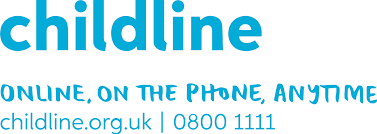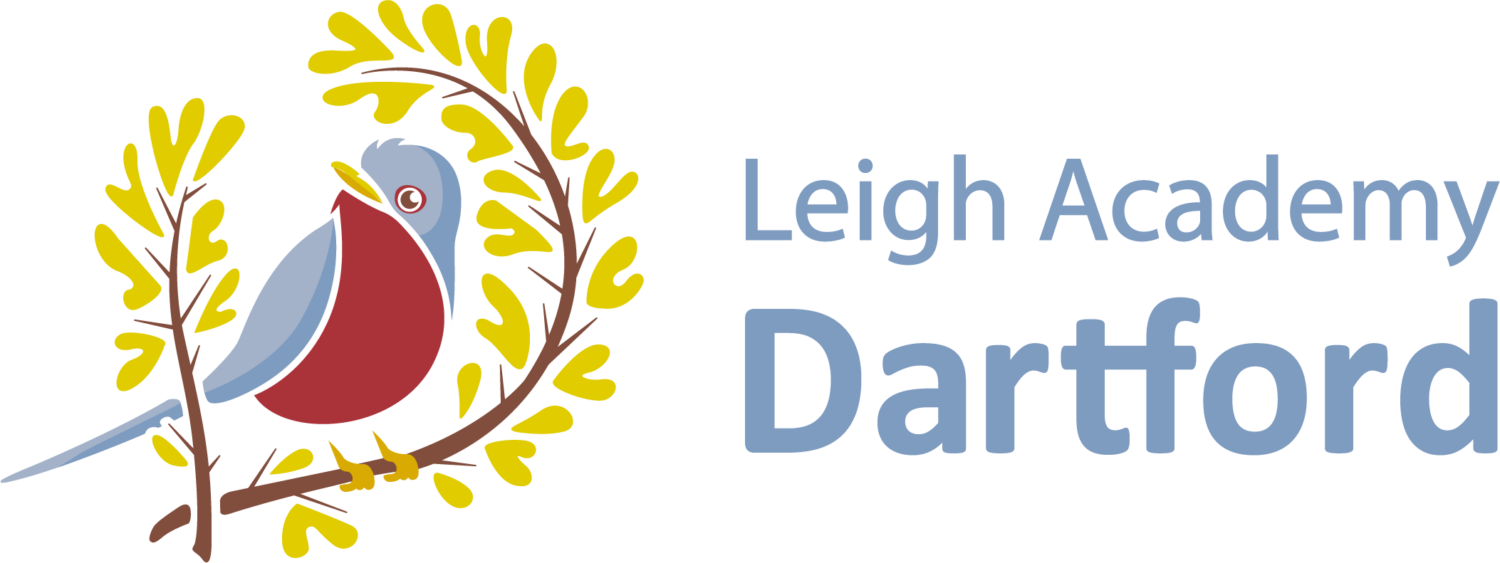At Leigh Academy Dartford, our intent is to provide a curriculum that ensures every pupil, regardless of need or background, acquires the knowledge and skills to successfully transition to their secondary setting as a well-informed, globally aware young person. This includes ensuring that all our pupils know how to keep themselves, and others, safe at all times in order to be successful.
Our teaching of safeguarding is implemented across our mapped curricula for computing, personal, social and health education and relationships and sex education, we specifically plan to teach children about online safety, healthy relationships, keeping healthy minds and bodies and what to do in an emergency situation.
PSHE & Computing Curriculum Maps
Further to this we work with the outside agencies listed below to focus on specific areas related to our local context:
- St Giles Trust – Gangs, County Lines and Knife crime sessions for students.
- Kent Police Prevent Unit – Raising awareness of online grooming and radicalisation.
- Kooth – Online mental wellbeing community.
- NSPCC -Speak Out Stay Safe and PANTS
Across our school day and in all areas of the curriculum there are many more times when we are teaching the children how to keep themselves safe.
Some examples of this are:
- Responding in the moment to an online safety concern that has been raised such as children saying they are using apps which are above their age rating.
- Teaching children how to use a knife and fork safely in the dining hall both so that they do not hurt themselves and so they can cut food up into safe sizes.
- Learning in English about the ‘The Emperor’s New clothes’ and linking to how clothes give us privacy and protect our bodies. Looking at how clothes have been designed to do this throughout history.
- Preparing pupils for school trips and how to use trains, coaches, walking safely by busy roads. How to interact safely with strangers and what to do if you get lost.
- Planning routes and understanding maps in geography, as well as learning their own addresses, so they can get themselves home or tell a safe adult where they live.
- Visits from police officers, firemen and road crossing patrols to understand how these people keep us safe.
- Celebrating Black History month and learning the dangers of extremist views in society.
- Building the confidence and resilience to give new things a go, such as tackling a difficult question in maths, and developing the skills to be able to handle if we get the answer wrong.
- At home time, following safe procedures for releasing children to whoever is collecting them and reinforcing why we do this.
We know that our safeguarding culture has the impact we want it to have as our children trust our team with information that is worrying them. Our children can name, and do talk to, trusted adults across the school. They make use of our worry boxes to tell us when they want to talk about something. They know what healthy relationships are and tell us if they are worried about a relationship inside or outside of school. Parents also report that their children feel safe at Leigh Academy Dartford. Our children can talk about how they will keep themselves safe and make reasoned, principled decisions when choosing how to act. This ensures that our pupils successfully transition to their secondary settings as well-informed, globally aware young people and are also prepared for their future careers.




